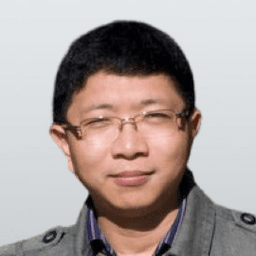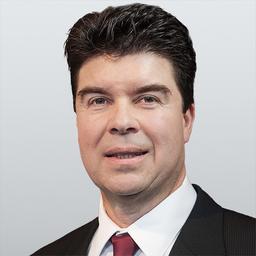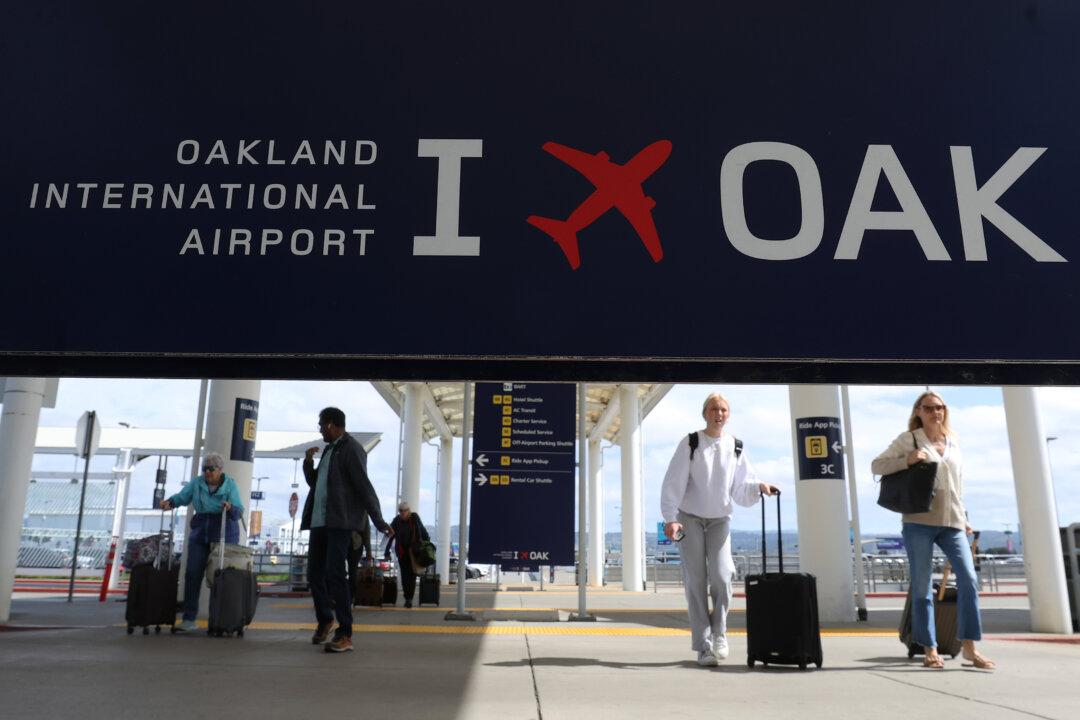Dr. Tabia Lee, who was employed as director of Diversity, Equity, and Inclusion (DEI) by De Anza College in California in August 2021, was laid off by the tenure review committee on March 7.
District Chancellor Judy Miner stated that the reason for laying off Lee was that Lee was unable to cooperate with coworkers and staff and appeared unwilling to accept constructive criticism, according to SK POP.






